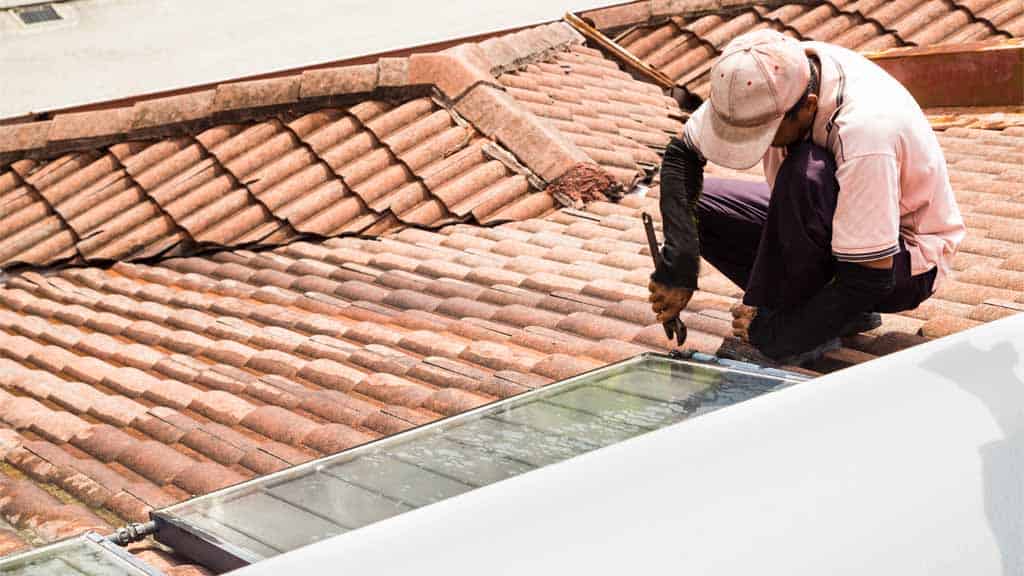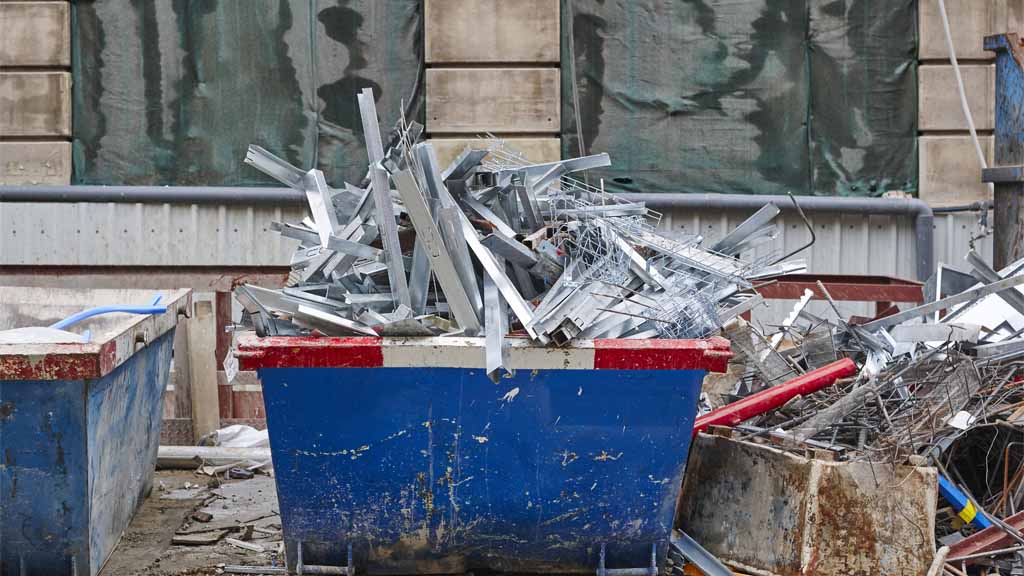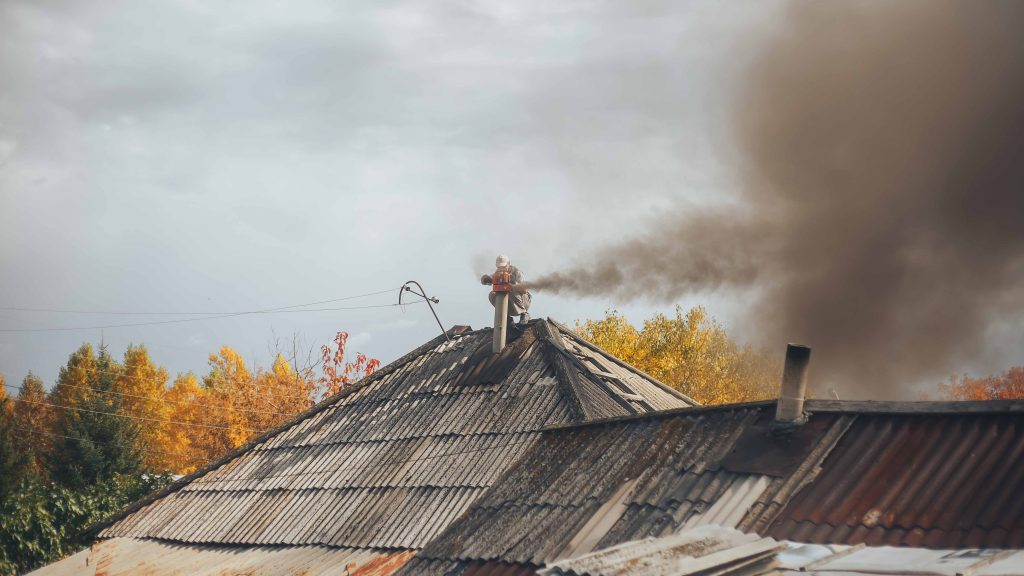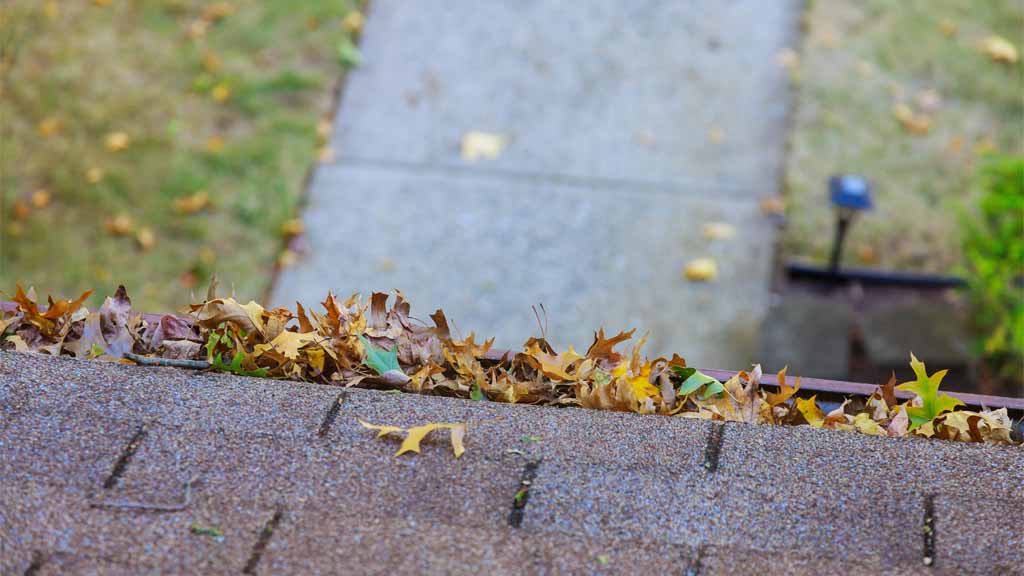It’s not always convenient to come across the best guy to re-roof your house. As roofing may be a considerable cost, you want to ensure that you choose the best roofing service or specialist to do the installation. Still, you may not know precisely what you must search for in a reliable roofing specialist.

Here’s everything you need to know about a roofer before you make your decision:
If this is your first time employing a roofer, their plan is the most critical item to give a relative importance to. Many consumers tend to receive proposals from a variety of roofing specialists and then decide on the one that offers the most appeal in regard to what they’re searching for, depending on the expenditure, supplies, and timetable.
However, to pick a suitable alternative, you ought to learn a little more about roofing service plans. We are about to enlist all the aspects you should consider before hiring a roofer or roofing expert who would be the best person for the job.
Everything You Need To Know About A Roofer: Services, Cost, Facts, When To Call
Your roofing system consists of different parts working together to protect your home or office building from the elements. The roofing system is made up of the following:
- The deck (or sheathing), which is the structural layer that provides support for the roofing materials
- The underlayment, a water-resistant barrier that protects the deck from moisture
- The flashing, which are metal pieces that are installed at vulnerable points on the roof to prevent water infiltration
- The shingles, tiles, or other materials form the outermost layer of the roof and serve as the primary defense against precipitation.
Is Your Roof Leaking?
Types of Roofing Systems: Everything You Need To Know About A Roofer
There are different types of roofs systems commonly used in residential and commercial construction:
1. Asphalt shingles
2. Wood shingles and shakes
3. Tile
4. Metal
5. Flat roofs

Asphalt Shingles: Everything You Need To Know About A Roofer
The most popular type of roofing system in the United States, asphalt shingles are made of fiberglass or paper mat saturated with asphalt and then covered with ceramic granules.
Asphalt shingles are available in a variety of colors and styles, including three-tab (the most basic and economical option) and architectural (also known as laminated or dimensional) shingles (which offer a more textured appearance). Most asphalt shingles have a lifespan of 20 to 30 years.
Wood Shingles and Shakes: Everything You Need To Know About A Roofer
Wood shingles are cut from cedar, redwood, or southern pine trees, while wood shakes are hand-split or sawn from logs. Wood shingles and shakes offer a rustic look but require more maintenance than other roofing systems.
They should be inspected and cleaned regularly and must be treated with a water repellent every few years to extend their lifespan. Wood roofs have an average lifespan of 30 to 40 years.
Is Your Roof Leaking?
Tile: Everything You Need To Know About A Roofer
Tile roofs are made of interlocking clay or concrete tiles installed in rows from the bottom of the roof upward. Tile roofs are durable—they can last for 50 years or more—and offer good protection against fire and wind damage.
However, they are one of the most expensive roofing systems and can be challenging to repair if damaged.
Metal: Everything You Need To Know About A Roofer
Metal roofs are made of aluminum, copper, or steel and can last 40 to 70 years with little or no maintenance. Metal roofs are lightweight, energy-efficient, and fire-resistant but can be noisy during a rainstorm.

Flat Roofs: Everything You Need To Know About A Roofer
Flat roofs are installed on commercial buildings and some homes in warm climates. They are not completely flat—they have a slight slope to allow for drainage—and they are built using various materials, including asphalt, tar, gravel, and rubber. Flat roofs have an average lifespan of 15 to 20 years.
What Does a Roofer Do?
A roofer is a tradesman who specializes in roof construction. Roofers install, repair, and replace the roofs of buildings using various materials, including shingles, bitumen, and metal.
They also may install gutters, flashing, and insulation to protect against water damage. Some roofers also specialize in specific types of roofs, such as slate or tile.
The cost of a new roof can range from $5,000 to $10,000 or more, depending on the size and pitch of the roof, the materials used, the complexity of the installation, and other factors. Many homeowners finance their roofing projects by taking out a home equity or improvement loan.
Before hiring a roofer, getting several estimates and asking for references is essential. It’s also a good idea to check with your local Better Business Bureau to see if there have been any complaints against the roofer you’re considering.
When you’re ready to hire a roofer, get a written contract that specifies the scope of work, the materials to be used, the price, and the payment schedule. Don’t sign any contract until you understand and agree to all its terms.
Expenditure Plan
You will have to inform prospective roofers how much you’re ready to pay for your new roof. While you may not have a particular amount in your head yet, do some analysis and see what is appropriate for the product you’re searching for, along with the measurements of your house, to provide prospective contractors with a better estimate to work with.
Your plan should be aligned with your financial reality. You don’t want to find out too late after the project is finished that you can’t afford it and now have a half-finished roof.
Also, ensure that your contractor knows that this is your budget so they know what to expect regarding the quality of materials used for your roof.

Analyzing Quotes
You should never choose the cheapest option when hiring a new roofing contractor. However, this doesn’t mean you should necessarily go with the most expensive one either.
The key here is looking at all the factors involved with each company and then making an informed decision on who you believe will do the best job. Here are some factors you should keep in mind when analyzing quotes:
- Make sure that the roofing contractor is licensed and insured.
- Check to see if there are any online reviews for the company.
- Ask if the company offers a warranty on their workmanship.
- Find out how long the company has been in business.
- Ask if the company uses subcontracted labor or employs its workers.
By considering all of these factors, you should be able to make an informed decision on which roofing contractor to hire for your new roof. Everything you need to know about a roofer company should be accessible before any decisions are made, so don’t hesitate to ask around or do your research. Your roof is a significant investment, so you want to ensure it’s done right.
Is Your Roof Leaking?
Favored Products
Are you searching for a concrete slab on your roof, or are you in search of something different from a natural stone? Whatever the picture you have in mind for your roof, you will have to explain it to your roofing expert so they can draught a layout according to your priorities.
Different products, textures, and color variations will have varying retail prices, so make sure you specify what design and texture you will use. For instance, a clay roofing tile would be more expensive than an asphalt one but will provide better energy efficiency for your home.
Duration of Time
If you’re constructing a new home, it’s going to be an incredibly critical period, so you’re going to have to have a roof built before you can venture onto the inner furnishing. If you’re only re-roofing an established building, the timeline does not mean that much to you, but you will need to discuss this with prospective roofers in either case.
Everything you need to know about a roofer and their time constraints should be a conversation you have before any money is exchanged. Make sure that they’re available when you need them and that they can work around your timeline.

Clearing Debris
Once the project is completed, you will have a lot of construction debris around your property. You will need to discuss this with your roofing contractor before anything is agreed upon.
You don’t want to be left with a massive mess on your hands after the job is done, so make sure you know how they plan to dispose of all the waste material. Some companies will charge extra for this service, while others will include it in the project’s price.
Overview of any Existing Concerns
Any roofing specialist will place the price of these additional improvements in their plan, offering you a realistic glimpse at how much you will pay. If you’ve provided roofers with a clear understanding of what you’re searching for with your roofing scheme, they’ll make a plan and submit it to you.
The design should be an overview of what the roofer wants to accomplish, what they intend to do, and how much it would cost. You can also use this design to get a second opinion or shop for other roofing options.
Get a Quote in Writing
You should always get a quote before you agree to any work on your home. This written agreement should include an overview of the project, the price, and the timeline for completion.
Make sure you understand everything included in the quote and that you are comfortable with the price. Never sign anything until you are 100% sure you want to proceed with the project.
By following these tips, you can be sure you’re getting everything you need to know about a roofer company. Don’t be afraid to ask questions and to get multiple quotes before making a final decision. Your roof is a significant investment, so you want to ensure it’s done right.

What Roofing Services Should You Expect From a Roofer?
A roofer should be able to provide you with a variety of services, including:
- Inspection and assessment of your roof
- Installation of a new roof
- Repair of an existing roof
- Maintenance and cleaning of your roof
- Disposal of old roofs
- Recycling of old roofs
Roofers should also be able to work with various materials, including asphalt, slate, tile, metal, and wood. If you have a specific material in mind for your roof, ask your roofer if they are experienced working with it.
Is Your Roof Leaking?
What Are the Different Types of Roofs?
There are different roofs, but the most common are: gabled, hip, flat, Mansard, shed, and Gambrel. Each type of roof has its benefits and drawbacks, so discuss your options with a roofer before making a final decision.
- Gabled
A gabled roof is the most common type of roof. It has two sloping sides that come together at a ridge, creating a triangular shape. Gabled roofs are easy to build and effectively shed water and snow.
- Hip
A hip roof is similar to a gabled roof but has four sloping sides instead of two. This creates a pyramid-like shape. Hip roofs are more stable than gabled roofs, making them ideal for areas that experience high winds.
- Flat
As the name suggests, a flat roof is entirely flat. Flat roofs are typical in commercial buildings but can also be used on homes. They are easy to build and maintain but are not as effective at shedding water and snow.
- Mansard
A Mansard roof is similar to a gabled roof but has two sloping sides that come together at a ridge, creating a triangular shape. Gabled roofs are easy to build and effectively shed water and snow.
- Shed
A shed roof is a single slope roof that slopes downwards from the front to the back of the house. Shed roofs are easy to build and ideal for areas with a lot of snowfall.
- Gambrel
A Gambrel roof is similar to a gabled roof but has two sloping sides that come together at a ridge, creating a triangular shape. Gabled roofs are easy to build and effectively shed water and snow.

Which Roofing Material is Right for You?
There are a variety of roofing materials to choose from, including asphalt, slate, tile, metal, and wood. Each material has its benefits and drawbacks, so discuss your options with a roofer before making a final decision.
- Asphalt
Asphalt is the most common type of roofing material. It is made from a mixture of petroleum products and is typically applied in multiple layers. Asphalt roofs are durable and easy to repair but are not as energy efficient as other options.
- Slate
Slate is a natural stone that has been used for centuries. It is one of the most durable roofing materials but also one of the most expensive. Slate roofs are fire-resistant and easy to maintain, but they can be heavy and difficult to install.
- Tile
Tile is a popular roofing material, especially in warm climates. Tile roofs are made from clay or concrete and can last for centuries. They are durable and easy to repair, but they can be expensive and difficult to install.
- Metal
Metal roofs are becoming more popular thanks to their durability and energy efficiency. Metal roofs can be made from various materials, including aluminum, steel, and copper. They are easy to install and require little maintenance, but they can be expensive.
- Wood
Wooden roofs are classic and can add a lot of character to your home. Wood is a natural insulator, so it can help keep your home cool in the summer and warm in the winter. Wooden roofs are easy to repair but require more maintenance than other options.
Final Word
Your roofing expert will only be as good as their prepared plan or proposal. So make sure to consider all the mentioned aspects before hiring a roofer. Once you have a clear idea of everything you need to know about a roofer before hiring one, you’ll be able to make an informed decision that you can feel confident about.

